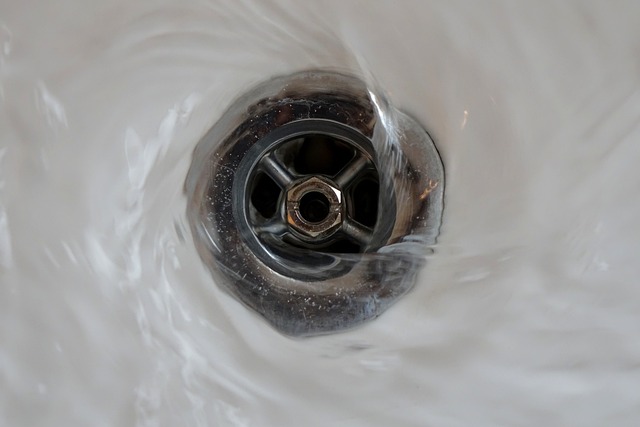Understanding the Importance of Airflow in Your HVAC System
Understanding the Importance of Airflow in Your hvac System
When it comes to your home’s air conditioning system, proper airflow is crucial for its optimal performance. Without adequate airflow, your AC system may struggle to cool your home efficiently, resulting in discomfort and higher energy bills. In this article, we will discuss the importance of airflow in your HVAC system and provide some tips for improving it in your Bucks County home.
First and foremost, it is essential to understand why airflow is so important in your AC system. Airflow refers to the movement of air through your HVAC system, including the supply and return air. Proper airflow ensures that your AC system can effectively distribute cool air throughout your home while also removing warm air and humidity. Without sufficient airflow, your AC system may have to work harder to achieve the desired temperature, leading to increased energy consumption and potential system breakdowns.
One of the main factors that can affect airflow in your HVAC system is a dirty or clogged air filter. The air filter’s primary function is to trap dust, dirt, and other particles, preventing them from entering your AC system. However, over time, the filter can become clogged, restricting the airflow. It is crucial to regularly check and replace your air filter to ensure proper airflow. As a general rule of thumb, it is recommended to replace your air filter every 30-60 days, depending on factors such as the number of occupants and pets in your home.
Another factor that can impact airflow is the condition of your air ducts. Over time, air ducts can accumulate dust, debris, and even mold, obstructing the airflow. It is advisable to have your air ducts professionally cleaned every few years to remove any buildup and ensure optimal airflow. Additionally, inspecting your air ducts for any leaks or gaps can also help improve airflow. Sealing any leaks or gaps with duct tape or mastic can prevent air from escaping, ensuring that it reaches its intended destination.
Properly maintaining your AC system’s outdoor unit is also crucial for airflow. The outdoor unit houses the condenser coil, which plays a vital role in the cooling process. If the condenser coil becomes dirty or covered in debris, it can hinder airflow and reduce the system’s efficiency. Regularly inspecting and cleaning the outdoor unit, removing any leaves, grass, or other debris, can help improve airflow and prevent potential damage to the system.
In addition to these maintenance tasks, it is essential to ensure that your AC system is appropriately sized for your home. An oversized or undersized AC unit can lead to airflow issues. An oversized unit may cool your home too quickly, resulting in short cycling and inadequate dehumidification. On the other hand, an undersized unit may struggle to cool your home efficiently, leading to increased energy consumption. Consulting with a professional HVAC technician can help determine the right size for your AC system, ensuring optimal airflow and performance.
In conclusion, understanding the importance of airflow in your HVAC system is crucial for maintaining a comfortable and energy-efficient home. Regularly checking and replacing your air filter, cleaning your air ducts, maintaining your outdoor unit, and ensuring the proper sizing of your AC system are all essential steps in improving airflow. By following these tips, you can ensure that your Bucks County home’s AC system operates at its best, providing you with cool and refreshing air all summer long.



